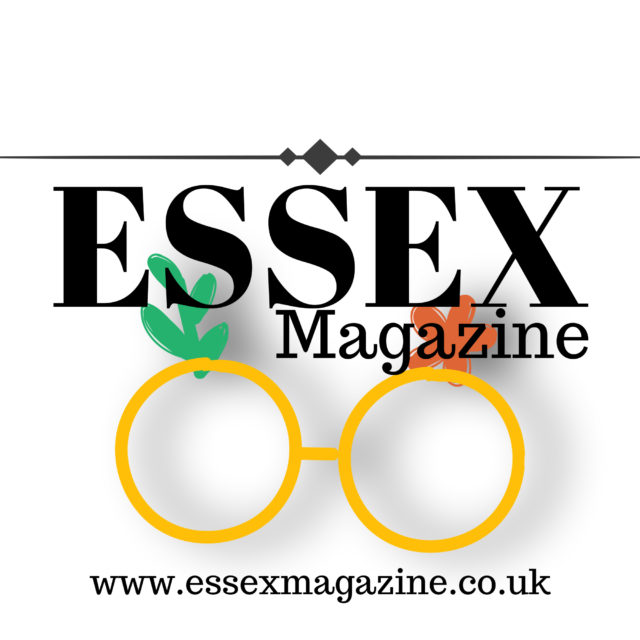Kim Daybell, a doctor who recently retired from a 20-year sporting career including two Paralympic games, has encouraged more people with a disability to consider a career in the NHS.
He said: “People with disabilities have a huge amount to offer and make really good health workers, especially as we’ve had lots of experience with healthcare.
“I have a passion for working with people with disabilities from my time taking part in Paralympic games. In medicine, it’s a really underrepresented group – 15 to 20 per cent of people in the UK have disabilities, however, there’s less than one per cent working in the NHS.”
Kim, who joined our Trust as a senior house officer last August, was born with Poland syndrome – he had no fingers on his right hand and was also missing some chest muscles. A double toe transplant when he was two allowed him to grip with his hand, and with encouragement from his parents, he got into sport at a young age.
He was especially talented at table tennis and began playing for the national able-bodied team when he was 10 and was among the top five young players in the country. When London won the bid for the 2012 Olympics, he was scouted to join the Paralympic team.
It was also when he was training for London 2012 that he decided he wanted to become a doctor, thanks to his experience of working with others with disabilities.
Kim, 30, added: “It really inspired me. Sport and medicine tie in closely and it gave me an insight into what medicine can do to improve quality of life.
“It had helped me and was a way for me to give back.”
Kim completed his medical training while continuing to compete, including in the Rio Olympics and Commonwealth Games, thanks to support from his team.
With a platform thanks to his sporting career, and experience speaking on a national and international stage, Kim is keen to spread the message of diversity and inclusion – and doesn’t shy away from where the NHS can improve if it wants to better support staff with disabilities.
He said: “I have a fairly minor disability and I have been lucky in the NHS. However, there needs to be more support – often those providing support are great, but they can be small teams which can only do so much. It’s also important people know how to find them.
“When I was applying to medical school at 18, I was scrutinised on whether I could do the job I was applying for, which could have put me off. Often, people with disabilities don’t declare them when applying for a job as they worry about whether they’ll be held to a different standard. The best way for us all to succeed is to create a supportive environment and work together to fix things.”
Among Kim’s top advice is to not shy away from something until it becomes a problem – such as not telling a manager about a disability until it becomes an issue. Creating a more open and supportive working environment allows people with disabilities to be confident about their abilities, and to ask for help when it’s needed.
More people with disabilities working in the NHS also means more staff with the lived experience to better understand their patients.
Kim added: “Working with patients with disabilities helps build trust, especially with kids. In my former role at North Middlesex Hospital I worked in the paediatric A&E and it was really nice for the kids and parents. You can be like a role model showing them, with optimism, what can be achieved.”




